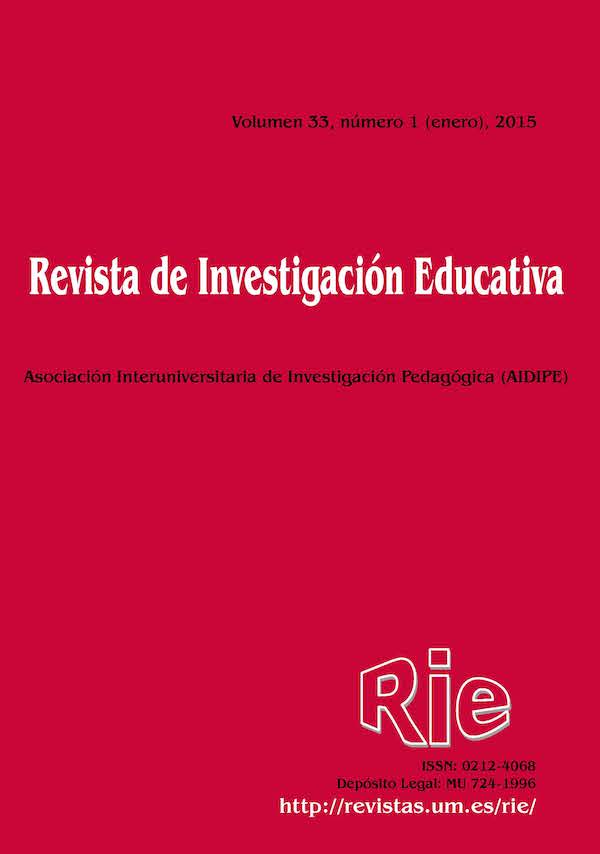The family-centered approach, in intellectual disability´s services. How do parents perceive their relationship with professionals?
Abstract
The achievement of a collaborative relationship between professionals and families is one of the most powerful tools to meet the needs of people with intellectual disabilities. As part of a qualitative research, 40 parents of people with intellectual and developmental disabilities were interviewed in order to examine their perceptions about their interaction with professionals. To that end, in accordance with the Family-Centered Approach, we considered as indicators of a good practice the following categories: communication, commitment, equality, skills, honesty and respect. 68% of respondents valued their interaction with professionals as “good” or “very good”. However, they also pointed out some deficiencies, which should be addressed from the perspective of this emerging approach. The specific meaning of each category is described based on the perceptions of families.
Downloads
-
Abstract5432
-
PDF (Español (España))5220
The articles and scientific documents published in RIE abide the following conditions:
1. The Servicio de Publicaciones de la Universidad de Murcia (the publisher) has the property rights (copyright) of all the documents published and allows the reuse under the user’s license indicated in point 2.
2. All documents are published in the digital edition of RIE under a Creative Commons Reconocimiento-NoComercial-SinObraDerivada 4.0 Internacional. (legal document) license. These documents can be copied, used, distributed, communicated and explained publicly if: i) the author(s) and its original source of publishing (magazine, publisher and URL of the document) are cited; ii) it is not used for commercial purpose; iii) the existence and the specifications about this license are mentioned.
3. Auto-archive’s conditions. The authors are allowed and encouraged to digitally distribute the pre-print versions (a version before evaluation) and/or post-print (a version that it is already evaluated and accepted to its publication). This promotes circulation and distribution earlier and can increase the citations and significance within the academic community.










